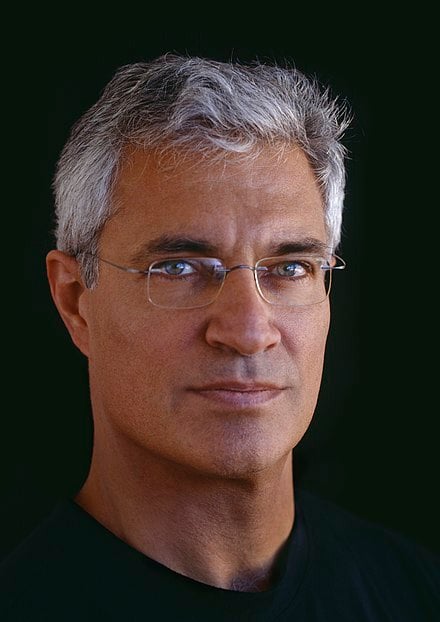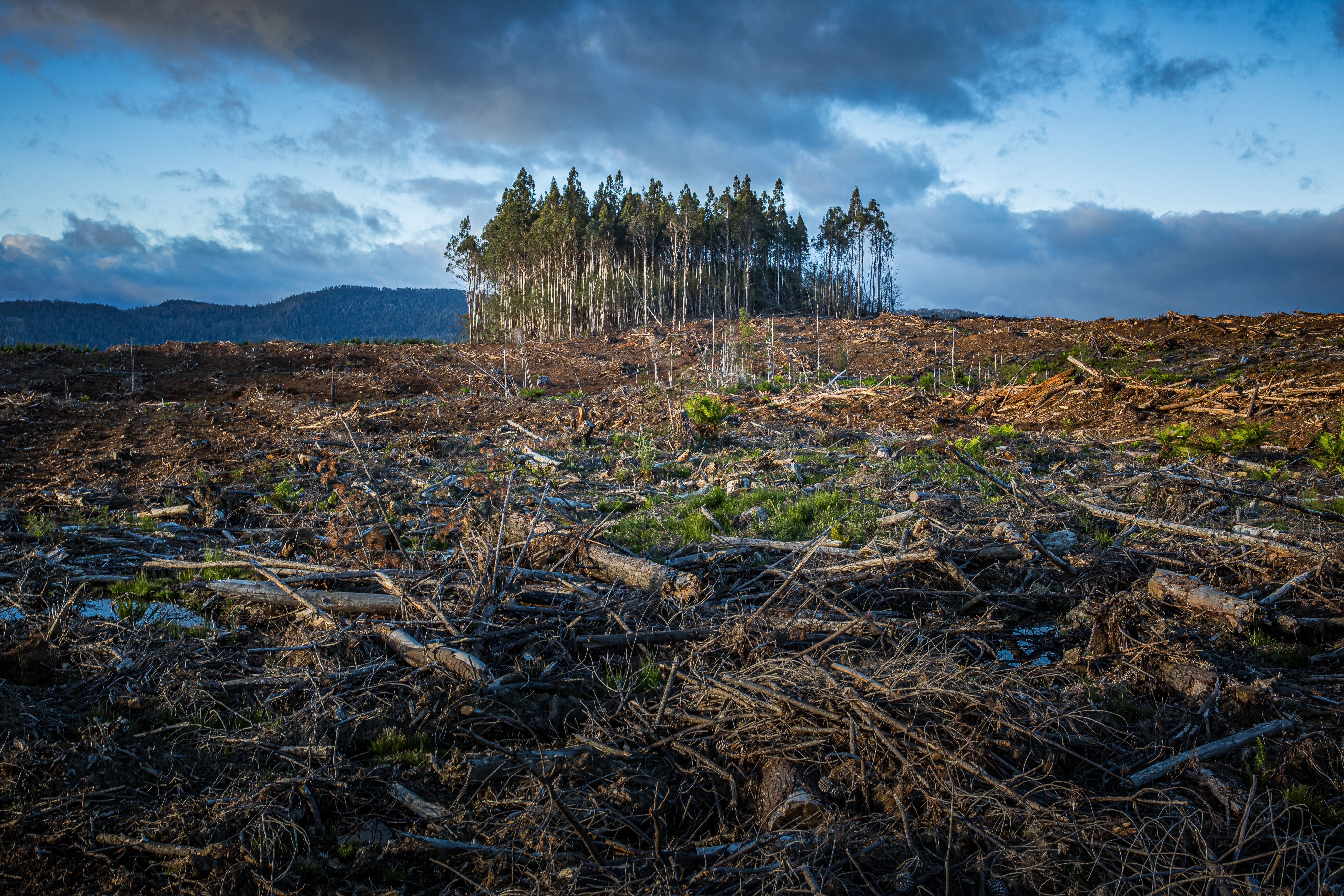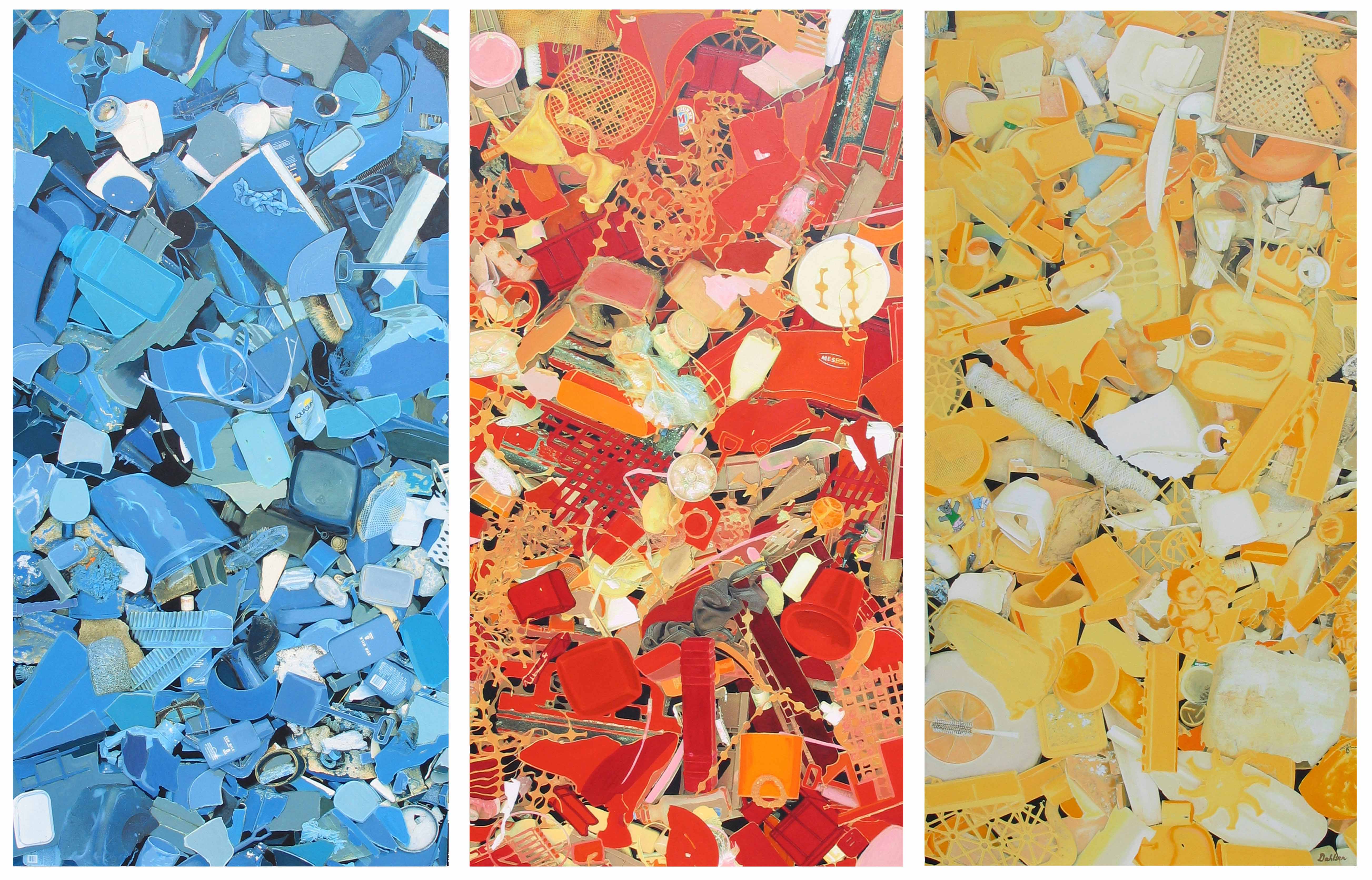In Conversation With The Man Who’s Changing The World One Documentary At A Time.

The son of a Greek immigrant, Psihoyos was born in Iowa far away from the Hellenic peninsula and the Ocean. Yet his Midwestern upbringing didn’t stop him from developing an important relationship with the sea as a young man making his debut in the world of photojournalism.
After taking up an interest in photography at the young age of 14, he began working with internationally acclaimed publications – The New York Times, Smithsonian, and Sports Illustrated, just to name a few – that took him around the world to capture some of the most important personalities of our century.
But it was while working on a cover story on garbage and recycling for the National Geographic Magazine – where he held a position for 17 years – in 1983 that he realized something drastic was happening to the world and felt compelled to address it.
He went on to produce and direct some of the most impactful documentaries of our lifetime: The Cove, Racing Extinction, and Sea of Life.
We had the chance to chat with Psiohyos over the phone to understand the motives behind starting his film production company – The Ocean Preservation Society – and get behind his relationship with the sea.
OGYRE – Hi Louie, it’s an honor to speak to you. You are what we consider an Ocean Hero. We have plenty of questions for you, and they all have to do with the Ocean, but we’d like to start with a very simple one: what’s your relationship with the Ocean?
LP – Well, I run a little organization called the Ocean Preservation Society. We make films and do photography to inspire people to try to save the Ocean, starting with the environment. We realized that if you're trying to fix what's going on in the water, you have to first fix what's going on on land. Everything is downstream to the oceans.
OGYRE – What role does creativity have in the fight against climate change?
LP – I think films are the most powerful weapon in the world for social change. And if you can harness that power to not just entertain people, but to get them to change behavior, I think that's the most powerful mission we can take on. Or at least one that I’d like to dedicate the time I have left on the planet to. The films we make do inspire people to make a change.
OGYRE – You’re a pioneer in the field of art for social change. What was the reason that pushed you to focus your career on raising awareness on issues such as marine pollution?
LP – It was a cover story I worked on for the National Geographic Magazine back in 1983 about trash and recycling. At the time there was only one mandatory recycling program in the US and I am the type of person who likes to take causes and make them popular.
OGYRE – Why the Ocean?
LP – Diving and snorkeling in the Ocean is as close as I can imagine to being a traveler in space. Your head is at the surface and you are looking down at this other universe of creatures that exist in another medium, it’s like science fiction novels but you are living it and it’s real. Then you start seeing the shifting baseline.
OGYRE – Can you explain what that is?
LP – A shifting baseline is a phenomenon that describes a gradual change in the accepted norms for the condition of the natural environment due to a lack of human experience, memory, and/or knowledge of its past condition. It’s accelerating right now.
The ocean has been pretty much the same probably for hundreds or thousands of millions of years. But in this one generation, the one that we're in right now, we've caused more damage to the Ocean than the previous four and a half billion years of life on the planet. We're doing what no wild animal would do.
OGYRE – Do you think there’s an opportunity to reverse such degradation?
LP – I think we can change behavior. And if we don’t do that, well, I’d hate to think that we can't leave the world a little bit better than we found it. That’s what I try to do every day, to help and mitigate the problem.
OGYRE – Was there a tipping point that galvanized you to start the Ocean Preservation Society?
LP – Yeah. My friend Jim Clark (founder of Netscape, Shutterfly, etc.) took me diving to a spot he said was the best in the world for that type of thing, in New Guinea, but when he came back up from the water he said the reef was gone. It was destroyed. And we didn’t know if it was dynamite blasting, fishing, or a severe bleaching event. But it just wasn’t there anymore. And the same thing was repeatedly happening in every spot we went to. So we thought we should do something about it.
OGYRE – So it’s a story of friendship and shared interests.
LP – It was a mutual idea. We used his money to make powerful films that tell important stories with the hope they would change things. And that was the beginning of the Ocean Preservation Society.
Our Oscar-winning film, The Cove, really did change things. It reduced Dolphin slaughter in Japan by 93%.
OGYRE – That’s massive. How important that is it to keep on unveiling the truth to push people to do something about it?
LP – We have a very delicate balance. When you are making a film, it can be depressing. But it’s still some sort of entertainment. If somebody is going to give you 90 minutes of their attention, very few people go to the movies to be sad, so it’s your role as a filmmaker to take them out of just being aware to help them create action. We're making the world a little bit better place not just for other people, but for themselves.
OGYRE – What's the most important lesson you've learned by working in this field for all these years?
LP – There’s always a lever that may be hidden in plain sight of how to make a film that'll change the world.
OGYRE – Thank you for letting us into your world. We will stay put and wait eagerly for your next films.
LP – Thank you for having me.
Ogyre is a lifestyle, a catalyst for change.
If you believe the Earth deserves better, then Ogyre is what you need.


